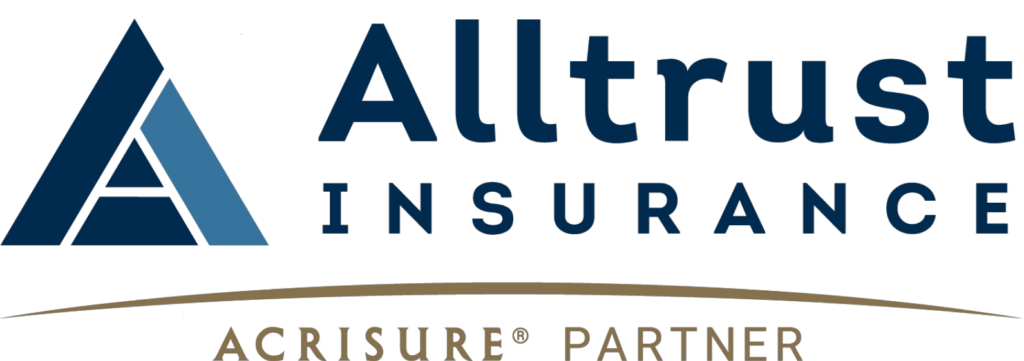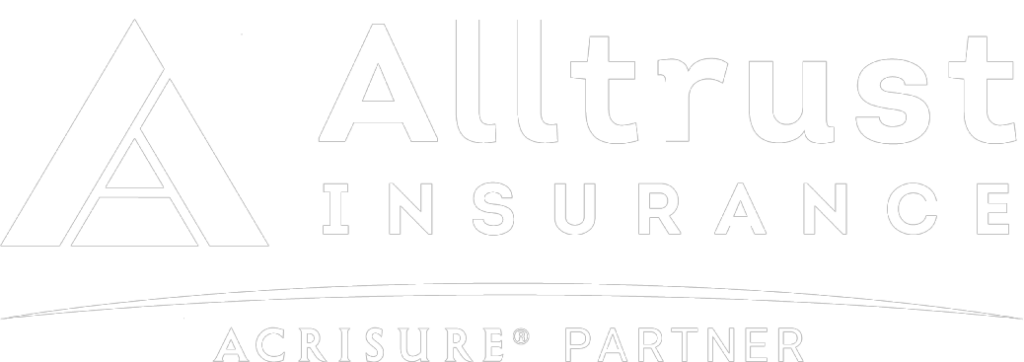In 2020, Congress created the new dialing code 988 to work in conjunction with the existing National Suicide Prevention Lifeline. The existing number is 10 digits (1-800-273-TALK) and as they receive calls, the caller will be directed to 988. 988 was designed to make it easier for people in crisis to seek help. The service is 24/7 for people to call, text, or chat while remaining confidential and is completely free.
Common 988 Lifeline FAQs
With the creation of the 988 Lifeline, we are here to answer your questions. Here are some common FAQs about the new 988 Lifeline.
Why Was 988 Created?
Typically, when someone is experiencing a mental health crisis or someone needs help, they call 911. However, 911 isn’t set up or equipped to handle mental health needs and emergencies. In unfortunate situations, the scene can go array, violent, or even fatal. 988 is set to manage the intake of callers in mental distress and attempt to calm the situation.
988 hopes to gain more federal and state funding to provide additional resources like a mobile emergency vehicle that can go directly to the person in need rather than sending a police officer or EMS. 988 is also available to offer resources and information to those seeking help for a loved one.
What’s The Purpose of a Crisis Lifeline?
A crisis lifeline aims to provide help and support to those who need it. It can be difficult for most to seek help initially, but when they do, having accessible resources can help that person tremendously.
988 connects every single caller or user to a professionally trained crisis counselor and will get the help they need or provide any extra available resources if needed.
What Counts As a Mental Health Crisis?
A mental health crisis can be a situation in which a person’s behavior or state of mind puts them at risk of harming themselves or others. However, a person doesn’t need to experience a crisis in order to reach out to the Lifeline. 988 can discuss potential treatment options and direct them to get further help.
What Happens When Someone Calls, Texts, or Chats 988?
Callers will be directed to a local 988 crisis call center based on the callers’ area code. Callers have the option when dialing in to reach the veterans’ crisis line or a Spanish-speaking counselor. All calls are handled by a mental health care professional thoroughly trained in crisis management. If a local lifeline center does not answer within 60 seconds, the call will be routed to one of the regional lifeline centers. The call will be routed to the national backup network if the regional center is unavailable.
When someone texts 988 or utilizes the chat option, the user will be directed to complete a short survey letting the counselor know a little about their current situation. A trained crisis counselor will answer the text or chat, converse with the user, provide support, and share necessary resources.
Anyone who reaches out to the lifeline will be in contact with a trained crisis counselor. These options can be used anytime, 24/7 and are always free. If warranted, the counselor will connect the person to emergency services (police or EMS). Although, fewer than 2% of the calls require emergency services.
Can I Refer Someone to the Crisis Team?
Anyone can call the lifeline for help. If someone is concerned about a loved one, they can reach out to the lifeline, and the counselor can offer resources to handle the situation and contact emergency services if needed. The National Institute of Mental Health established 5 action steps for helping someone in emotional pain.
Extra Tips On How to Stay Mentally Healthy
Making mental health a priority can increase everyone’s quality of life. Here are some tips on how to boost positivity:
- Stay active – exercising and spending time outdoors is great for physical and mental health, relieves stress, and aids in quality sleep.
- Eat nutritious meals – our diet affects more than just weight; it also affects how people feel mentally. Having a balanced, non-restrictive diet can improve overall health.
- Manage stress effectively – learning how to deal with stress will always be a part of life, and learning healthy ways to cope is critical. It can be a bit of trial and error to find what works for the you as everyone handles stress differently. Some options are yoga, meditation, writing, and exercising.
- Stay mindful – mindfulness is being attentive and open to the present moment with curiosity, free from judgment. Staying mindful allows us to take the time to enjoy our daily lives. There are resources to guide people through mindfulness, like eMindful. Alltrust has partnered with eMindful to offer their services to all our employees and clients.
- Set realistic goals – some have the terrible habit of setting unattainable goals and giving up when it’s not met. Setting realistic and achievable objectives can help you stay positive and on track. One way to set goals is to use the SMART method; Specific, Measurable, Achievable, Relevant, Time-bound. This helps people direct their actions to achieve their goals.
- Practice self-care – taking the time to take care of yourself is vital. Planning a set time to do something you enjoy, relax, or treat yourself to something. Self-care can be something as simple as a hot bath, buying a cupcake, or finding a therapist to talk you through your emotions. It’s whatever it takes to take care of yourself; self-care.
Find Support Through Alltrust
Knowing what to do in a crisis can prevent an unfortunate event. The 988 Lifeline is an excellent resource for anyone seeking help or wanting information on how to help a loved one. There are additional sources for veterans, youths, loss survivors, LGBTQ+, hard of hearing, and more.
Alltrust Insurance understands the importance of mental health and the seriousness of suicide prevention. Sharing the information about the new 988 Lifeline can help save a life and spread awareness. We hope these resources can assist anyone who might need it.
Additional Resources:
American Foundation for Suicide Prevention




